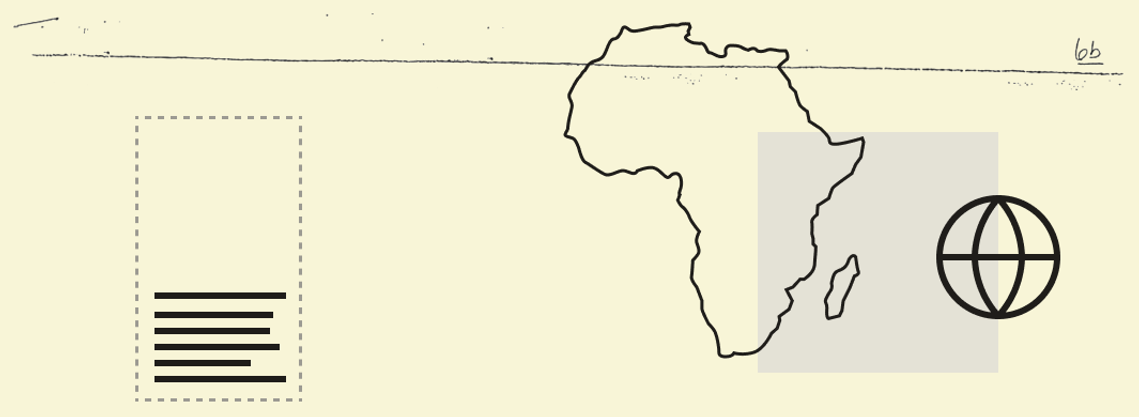 Elections Reuters/Desire Danga Essigue Reuters/Desire Danga Essigue🇹🇩 Chad held its presidential election on Monday in a bid to end three years of military rule. Interim president Mahamat Deby Itno is expected to win, analysts believe. About 8 million people in the oil-exporting country of nearly 18 million citizens had registered to vote in the largely peaceful election, with 10 candidates on the ballot. 🇲🇿 Mozambique’s ruling Frelimo party said it picked regional governor Daniel Chapo, 47, as its candidate for the Oct. 9 presidential election to succeed the outgoing President Filipe Nyusi. 🇹🇬 Togo’s ruling Union for the Republic party won a parliamentary majority in legislative elections held on April 29, the electoral commission announced on Saturday. The win follows the contested new constitution, which would allow President Faure Gnassingbé — in office since 2005 — to extend his time in power. Deals 🌍 The European Investment Bank is considering an investment of $50 million in a fund by Quona Capital, a venture capital firm that has invested in over a dozen African startups. 🇲🇦 Africa-focused private equity firm Mediterrania Capital Partners exited its investment in TGCC, a construction and civil engineering company that is near €1 billion ($1.1 billion) in capitalization on the Moroccan Stock Exchange. 🇳🇬 Seamfix, a Nigerian digital identity startup, raised $4.5 million from Alithea IDF, an investment firm. It is the startup’s first institutional investment, which it hopes to drive expansion beyond Nigeria. 🇿🇦 Energy multinational Shell told the Daily Maverick it will exit its South African retail, transport and refining operations. The decision follows a business-wide review. Governance Reuters/Carielle Doe Reuters/Carielle Doe🇱🇷 Liberian President Joseph Boakai signed an executive order to create a long-awaited war crimes court to deliver justice to the victims of the country’s two civil wars. The wars killed an estimated 250,000 people between 1989 and 2003. Geopolitics🇰🇪 Kenya is preparing to deploy police officers to Haiti in a UN-backed security mission after several months of delays. Civilian contractors supporting the mission have already begun arriving in Haiti and the officers are expected to deploy later this month, reports the Miami Herald. Tech🇬🇭 Ghana will integrate its instant payments system with India’s Unified Payment Interface to enable direct bank transfers between residents in both countries. 🇰🇪 iProcure, a Kenyan agriculture logistics startup, was placed under administration over debt repayment and cash flow problems. It had raised about $17 million since launching in 2013. 🇿🇦 South Africa launched a military and defense-focused AI hub because the tech will lead to “a structural transformation in national security,” communications minister Mondli Gungubele said. |